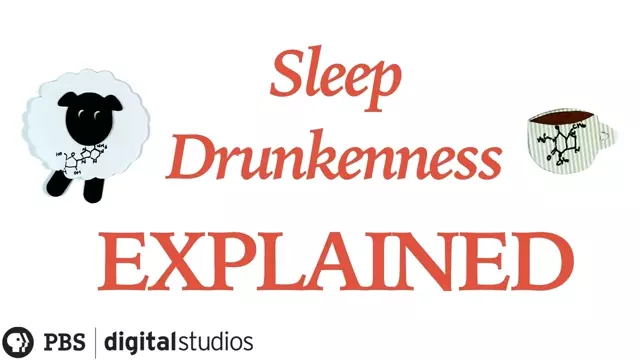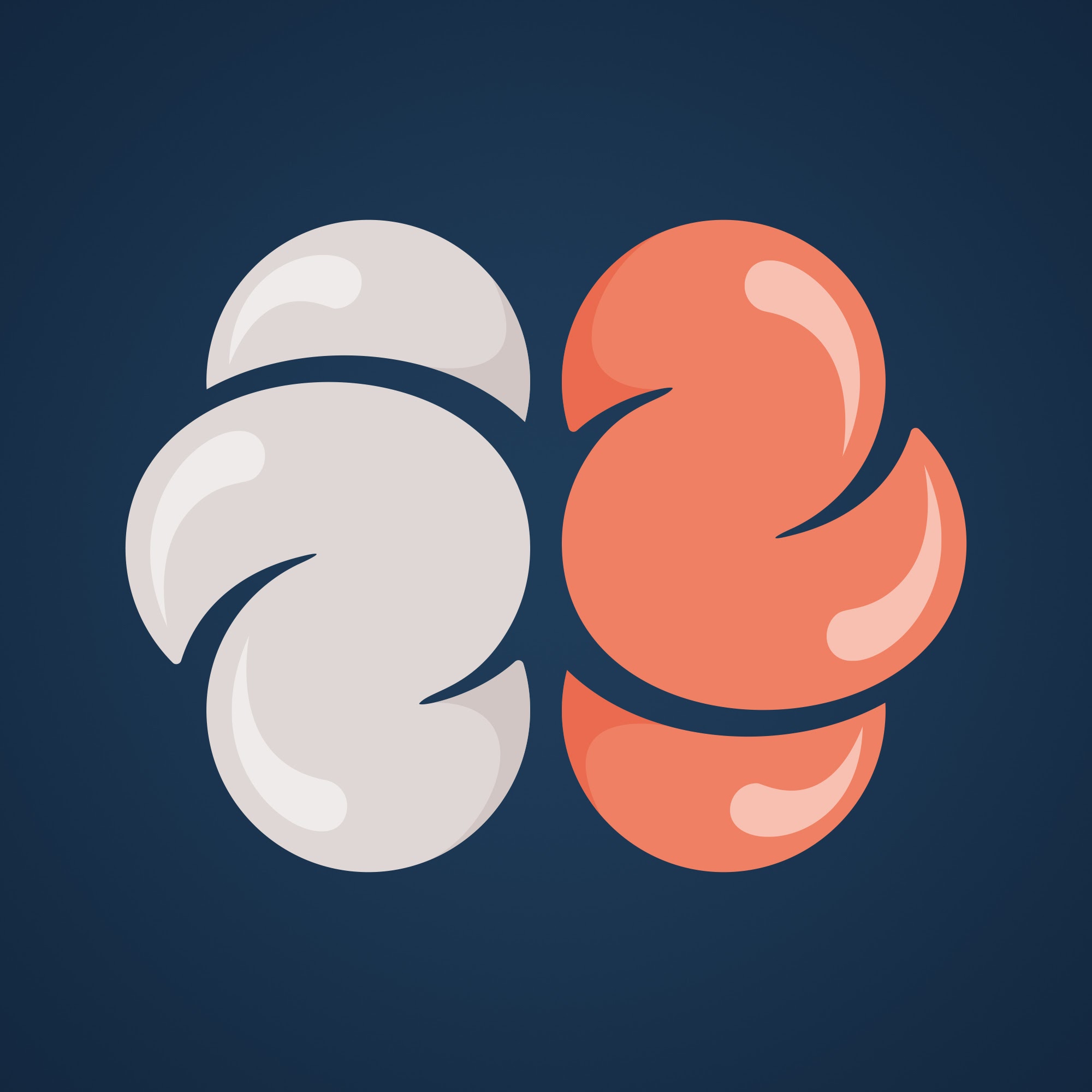2014-09-25
[public] 72.9K views, 1.30K likes, 42.0 dislikes audio only
Do you feel really disorientated when you wake up? 1 in 7 people suffer from 'Sleep Drunkenness'.
SUBSCRIBE to BrainCraft! Click here: http://ow.ly/rt5IE Talking psychology, neuroscience & why we act the way we do.
Follow BrainCraft on Twitter https://twitter.com/nessyhill or https://twitter.com/Brain_Craft
Tumblr http://braincraft.tumblr.com
Facebook https://www.facebook.com/Braincraft
Google+ https://www.google.com/+braincraftvideo
BrainCraft is written and hosted by Vanessa Hill (https://twitter.com/nessyhill) for PBS Digital Studios
Sound design: Joel Werner (http://joelwerner.com)
Research assistant: Zachary Towne
Thanks to @jjamesfilms, @davidmcraney, @mikerugnetta, @LearningNerd and @jus_de_fruit for sharing their examples of sleep inertia.
Last Week: The Upside of Forgetting /youtube/video/e5zH4N3ohR0
References
Dohrman, D. P., Diamond, I., & Gordon, A. S. (1997). The role of the neuromodulator adenosine in alcohol's actions. Alcohol Health & Research World.
Ohayon, M. M., Mahowald, M. W., & Leger, D. (2014). Are confusional arousals pathological?. Neurology, 83(9), 834-841.
Ohayon, M. M., Priest, R. G., ZULLEY, J., & Smirne, S. (2000). The place of confusional arousals in sleep and mental disorders: findings in a general population sample of 13,057 subjects. The Journal of nervous and mental disease, 188(6), 340-348.
Price, N. J., & Szuba, M. P. (2001). Caffeine eliminates psychomotor vigilance deficits from sleep inertia. Sleep, 24(7), 813.
Wilkinson, R. T., & Stretton, M. (1971). Performance after awakening at different times of night. Psychonomic Science, 23(4), 283-285.
Music
"Drunken Sailor" (by Roger McGuinn): http://freemusicarchive.org/music/Roger_McGuinn/Folk_Den_Project/20090517160834797
"Starling" (by Podington Bear): http://freemusicarchive.org/music/Podington_Bear/Solo_Instruments/Starling
"Synth Odyssey" by (Conrad Greenleaf): https://twitter.com/conradgreenleaf
/youtube/video/Ih8I944mApU?t=11.4

